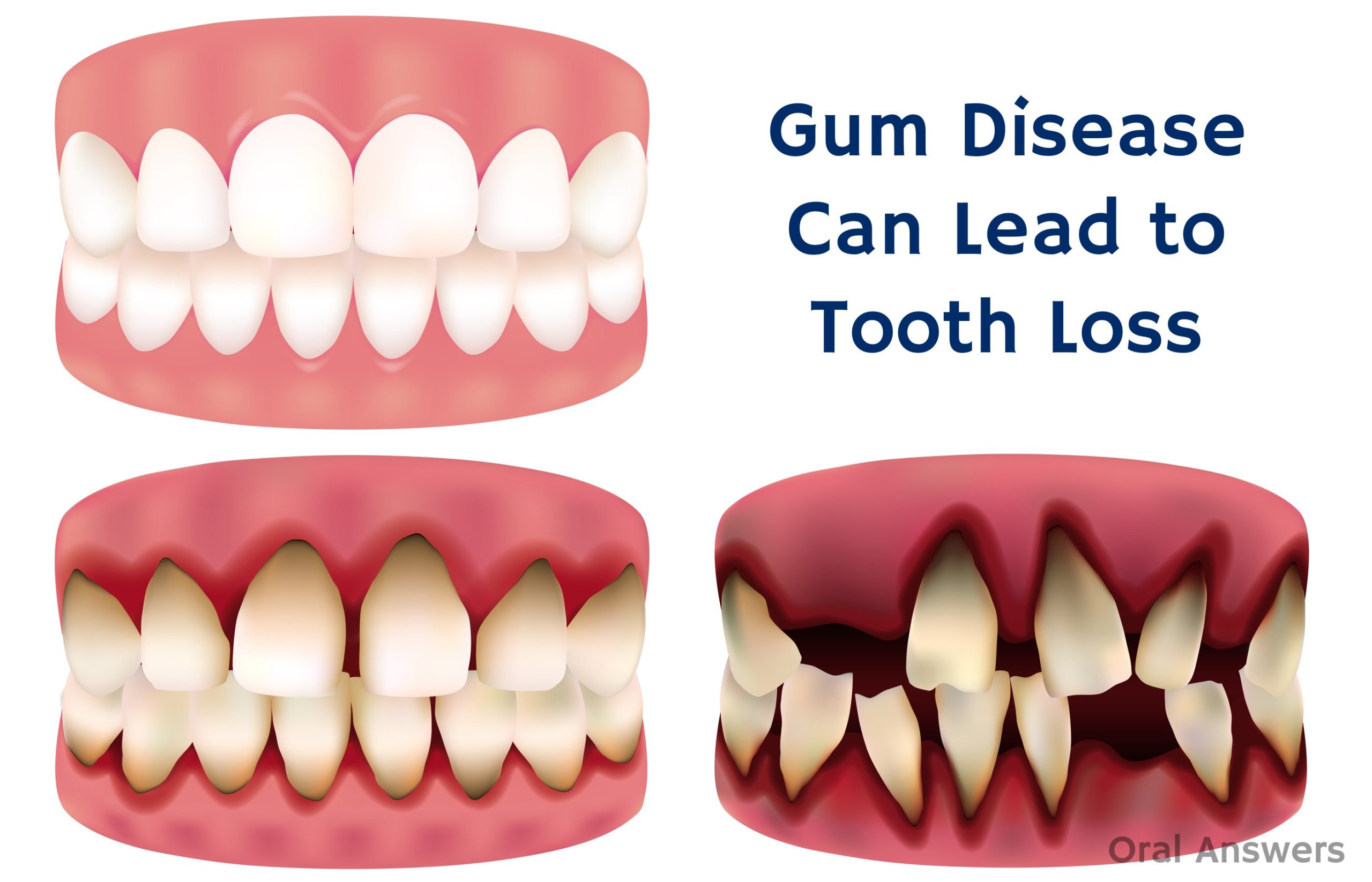Discovering a wobbly tooth as an adult can be alarming. Unlike the loose teeth of childhood, a loose permanent tooth in adulthood always signals an underlying issue requiring prompt attention. This article will guide you through the potential causes, treatment options, and preventative measures to help you regain your confident smile.
Understanding Loose Adult Teeth
A loose tooth in adulthood is never normal. It indicates a problem that needs professional evaluation. Ignoring it could lead to further damage, infection, increased pain, and even tooth loss. Early diagnosis and intervention are key to preserving your natural smile. https://chaztin.com/wound-healing-ointment
A loose tooth often feels unstable, moving slightly when touched with your tongue or finger. This movement can range from a mild wiggle to more noticeable shifting. You might also experience discomfort or pain, especially while chewing. The gum tissue surrounding the loose tooth may appear red, swollen, or even bleed.
What Causes Loose Teeth in Adults?
Several factors can contribute to loose teeth in adults. Understanding the cause is crucial for effective treatment.
Gum Disease (Periodontitis)
Gum disease is the most common culprit. Bacteria attack the supporting structures of your teeth—the periodontal ligaments and alveolar bone—causing inflammation and damage. As these structures weaken, teeth can become loose. The CDC estimates that 47.2% of adults over 30 have some form of gum disease.
Trauma/Injury
A blow to the mouth, even without immediate pain or visible damage, can loosen teeth by damaging the periodontal ligaments and alveolar bone.
Bruxism (Teeth Grinding)
The excessive pressure from grinding, often occurring unconsciously during sleep, weakens supporting structures and wears down enamel over time, potentially leading to loose teeth.
Other Causes
Less common causes include hormonal changes during pregnancy (though rare), osteoporosis, and certain medical conditions. Research also suggests a possible link between some medications and an increased risk of gum problems.
Treatment Options for Loose Teeth
Several treatments are available to address loose teeth, depending on the underlying cause and severity. Splinting, bite adjustments, and improved oral hygiene can often save a loose adult tooth, restoring stability and confidence.
Splinting
This technique involves bonding the loose tooth to adjacent, stable teeth using a thin, durable material to provide support and allow the periodontal ligaments to heal. This is often effective within weeks for stretched periodontal ligaments.
Bite Adjustment
Reshaping the biting surfaces of your teeth helps distribute pressure more evenly, minimizing strain on the loose tooth and promoting healing.
Night Guard
A custom-fitted appliance worn during sleep, a night guard protects your teeth from the damaging forces of grinding.
Oral Surgery
In severe cases of gum disease or injury, surgical intervention may be necessary to repair damaged tissues. New regenerative techniques, such as bone grafts, are being explored, offering potential advancements in future treatments.
Improving Oral Hygiene
Essential for managing gum disease, this includes thorough brushing twice daily with fluoride toothpaste, daily flossing to remove plaque and food particles, and regular dental checkups for professional cleanings. Limiting sugary drinks and snacks and avoiding tobacco also contribute significantly to preventing gum disease.
What to Do if Your Tooth Is Loose
If you have a loose tooth, don’t panic, but don’t ignore it either. Contact your dentist immediately for a professional evaluation.
- Avoid touching or wiggling the tooth: This can worsen the damage.
- Eat soft foods: Minimize pressure on the affected tooth.
- Maintain good oral hygiene: Gently brush and floss around the loose tooth, as directed by your dentist. In some early-stage gum disease cases, your dentist may also recommend gentle salt water rinses. https://chaztin.com/will-shea-butter-clog-pores
When to Seek Immediate Dental Care
While most loose teeth don’t require emergency care, seek prompt attention if you experience:
- Severe pain or discomfort
- Bleeding or swelling around the tooth
- Difficulty eating or speaking
- Complete tooth avulsion (the tooth falls out)
Preventing Loose Teeth
Preventing loose teeth involves a combination of good oral hygiene practices and lifestyle choices:
- Regular dental checkups and professional cleanings: Early detection and treatment of gum disease and other issues are crucial.
- Effective oral hygiene: Brush twice daily with fluoride toothpaste, floss daily, and use mouthwash as recommended by your dentist.
- Healthy diet: Limit sugary drinks and snacks.
- Avoid tobacco products: Smoking weakens the immune system, increasing the risk of gum disease.
- Manage underlying medical conditions: Conditions like diabetes can increase susceptibility to gum disease.
By understanding the causes, seeking professional guidance, and taking preventive measures, you can protect your smile and maintain good oral health for years to come. Remember, a loose tooth isn’t something to ignore. Don’t hesitate to contact your dentist – it’s always better to be safe than sorry.










